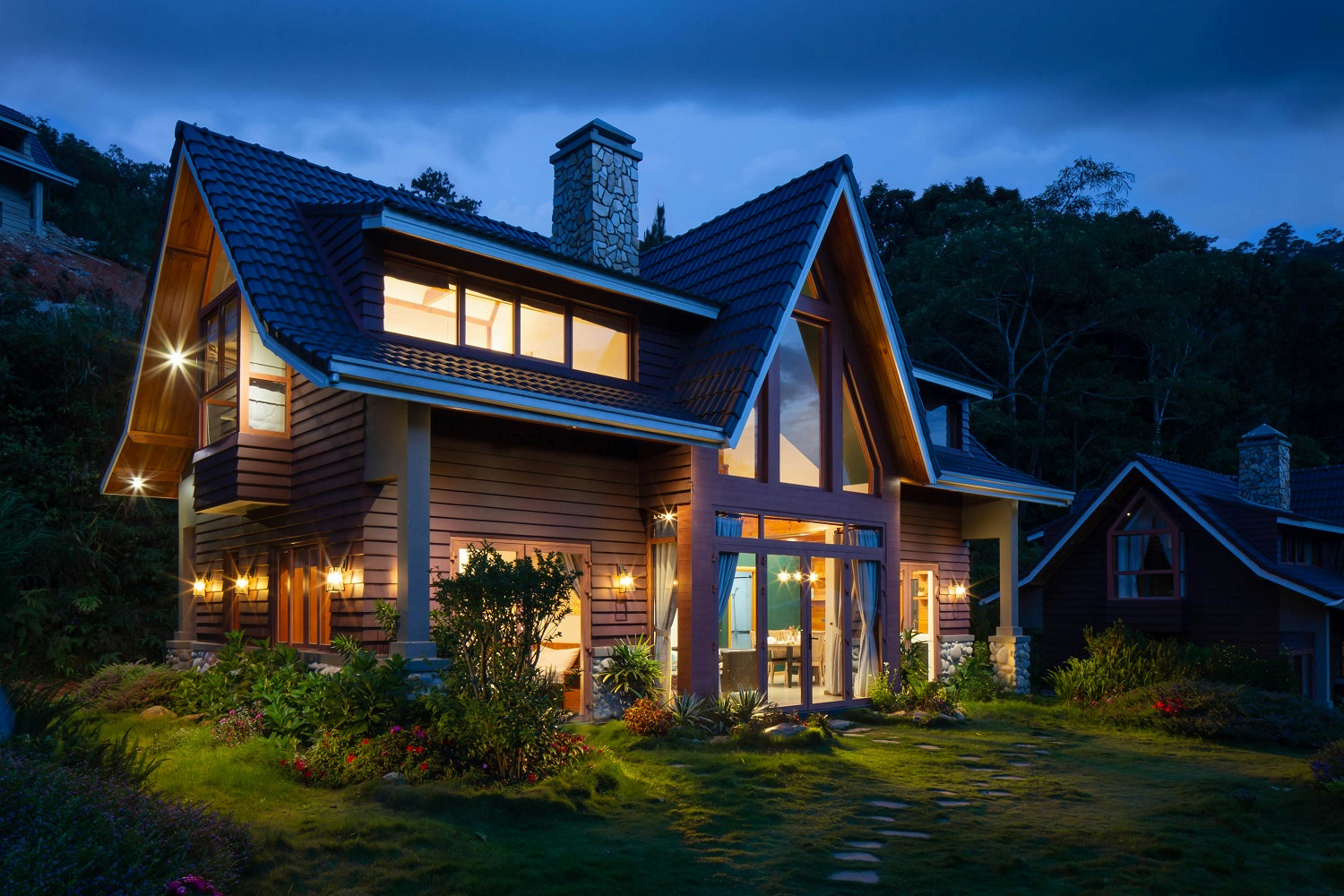
Purchasing a second property might sound like a dream—whether it’s a getaway for the weekends, an investment, or a future retirement home. But before you dive in, there are key details to consider. Here’s what you need to know to make sure your second home doesn’t become a second headache.
Why Do You Want a Second Home?
It all begins with purpose. Are you looking for a nice, quiet retreat to escape the grind, or is your second home meant to serve as an income-generating rental? Maybe you're planning to transition to full-time desert living in a few years. Whatever your reasons, they’ll dictate where and what to buy.
Arizona boasts a variety of locations for every type of buyer. If you’re dreaming of a scenic getaway, Sedona’s red rocks offer postcard-perfect views and tranquility. Need to be close to urban amenities? Consider Scottsdale for its busy lifestyle and thriving short-term rental market. And most people don't realize this, but Glendale ranks as one of the best cities to buy a second home if you’re looking for a well-rounded area with affordability and convenience. Start by defining your needs and priorities, then scout cities in Arizona that meet those criteria.
Thinking About Buying Overseas?
For those with wanderlust, buying property overseas can be enticing, but it requires careful planning. Countries like the Bahamas are popular for second-home purchases, offering crystal-clear waters and year-round sunshine. However, this isn’t as simple as picking a spot on a map. You’ll need a trusted real estate agent with expertise in the local market to guide you.
Take, for example, BHGRE MCR Bahamas, known for assisting buyers in navigating the complexities of Bahamian real estate. Having the right agent ensures you understand local laws, taxes, and property regulations. Beyond that, they’ll help you avoid hidden pitfalls like unclear titles or maintenance challenges you might not face back home.
Whether you’re dreaming of island life or another international location, doing your homework is critical. Research the country’s policies for foreign ownership, and make sure your second-home fantasy aligns with your financial and logistical realities.
How Will You Finance It?
Buying a second property comes with a financial commitment that often feels different from your first home purchase. Unless you’re paying in cash, you’ll need to explore financing options. Lenders typically view second homes as riskier, which can translate to higher interest rates or stricter down payment requirements.
Before applying for a mortgage, get your financial house in order. Review your credit score and ensure your debt-to-income ratio is within the lender’s comfort zone. If you’re buying a rental property, factor in potential income when assessing affordability, but don’t overestimate your rental earnings.
Arizona offers specific opportunities for buyers with varied budgets. Flagstaff, for example, attracts vacationers year-round, which could help you offset costs if you decide to rent. On the other hand, cities like Tucson often have more affordable entry points for second-home buyers.
Do You Understand the Tax Implications?
Owning two properties can complicate your tax situation. Whether your second home is in Arizona or overseas, it’s vital to understand the financial ramifications. The IRS differentiates between second homes and rental properties, so knowing how you’ll use the property matters for tax purposes.
If you rent out the home part of the year, you might qualify for certain deductions, but you’ll also need to report the rental income. If it’s strictly a vacation home, you won’t have the same deductions but may face property taxes that vary by location. States like Arizona tend to be favorable for property taxes, but costs can differ greatly depending on the city and the type of home.
How Will You Maintain It?
A second home isn’t just a one-time investment; it’s an ongoing responsibility. If you’re not living in the home full-time, how will you handle upkeep? Arizona’s climate can present unique challenges, from summer heat to monsoon season, which might necessitate additional maintenance.
If the property is out of state or overseas, maintenance becomes even trickier. Many buyers opt for property management companies to oversee day-to-day operations like landscaping, cleaning, and addressing tenant concerns.
For those buying in Arizona, selecting a low-maintenance property, like a condo or townhouse, can reduce the workload. On the other hand, if you’re purchasing a home in a resort area, gated communities often include HOA services to help with maintenance. Evaluate your options carefully and budget for the upkeep your second home will require.
